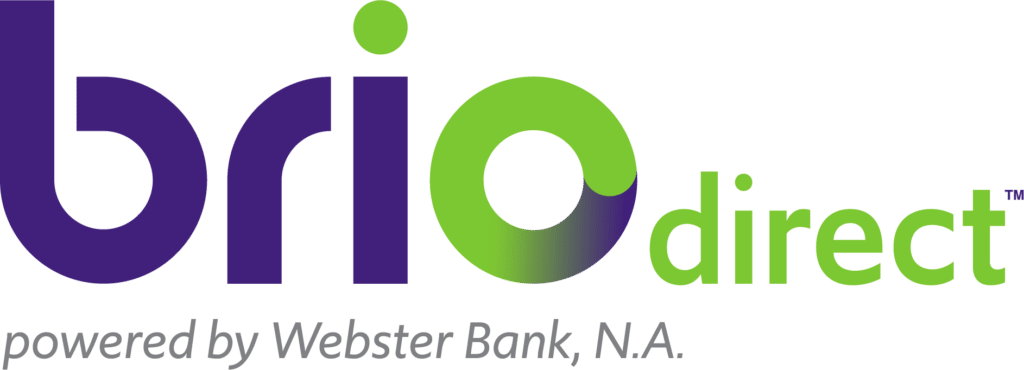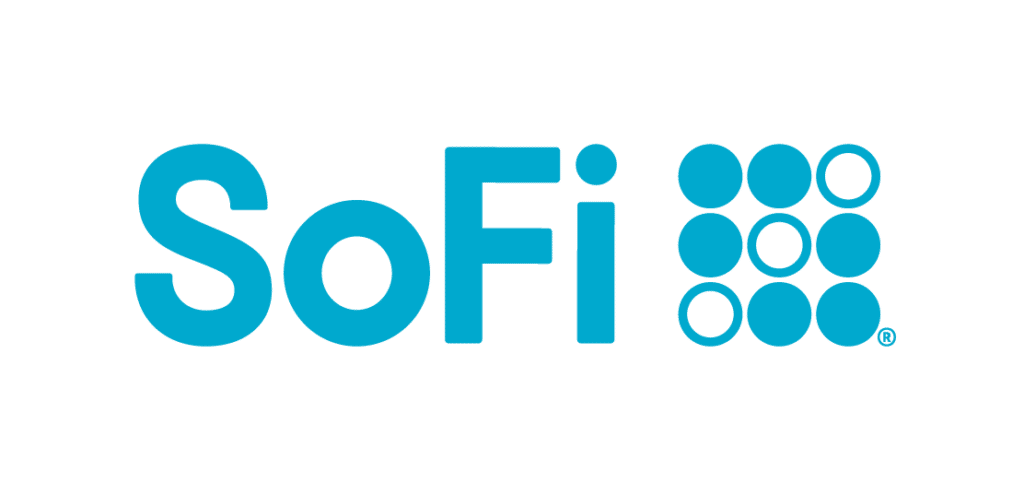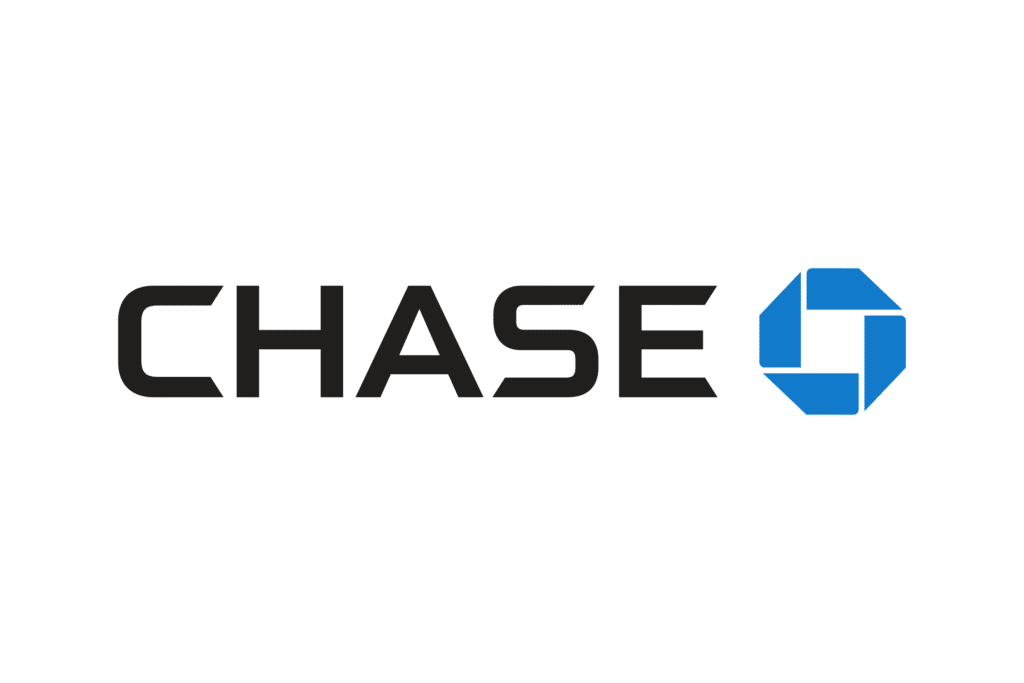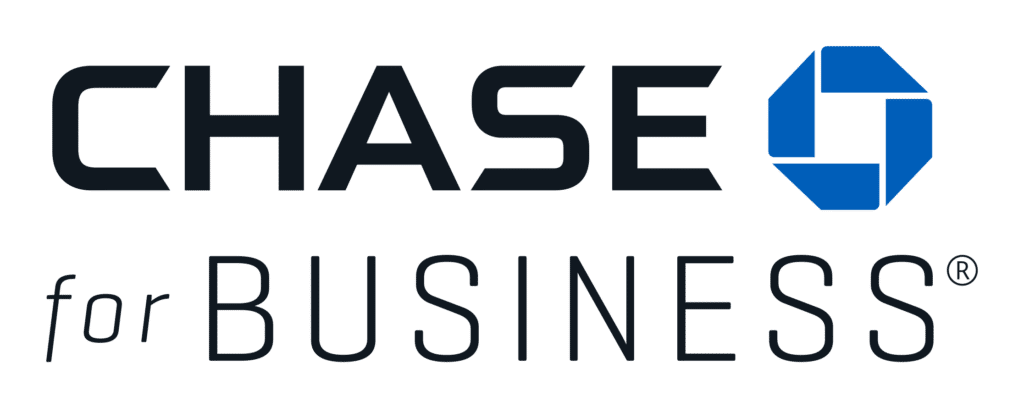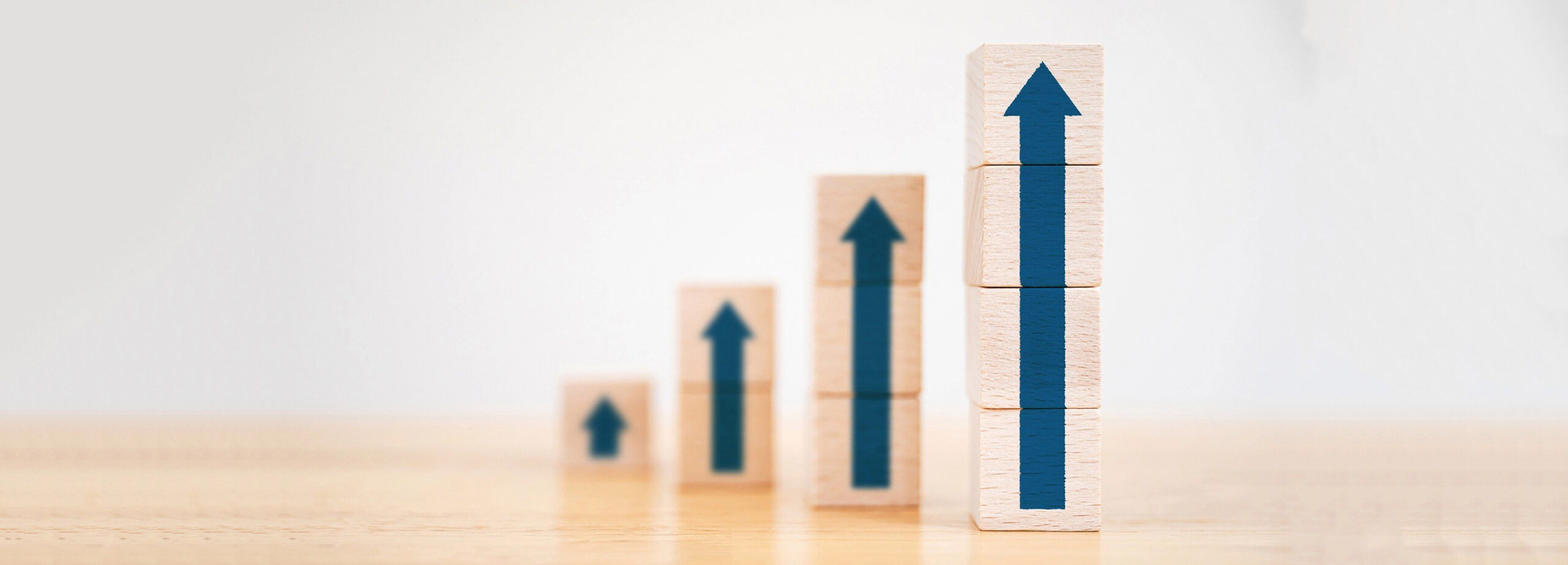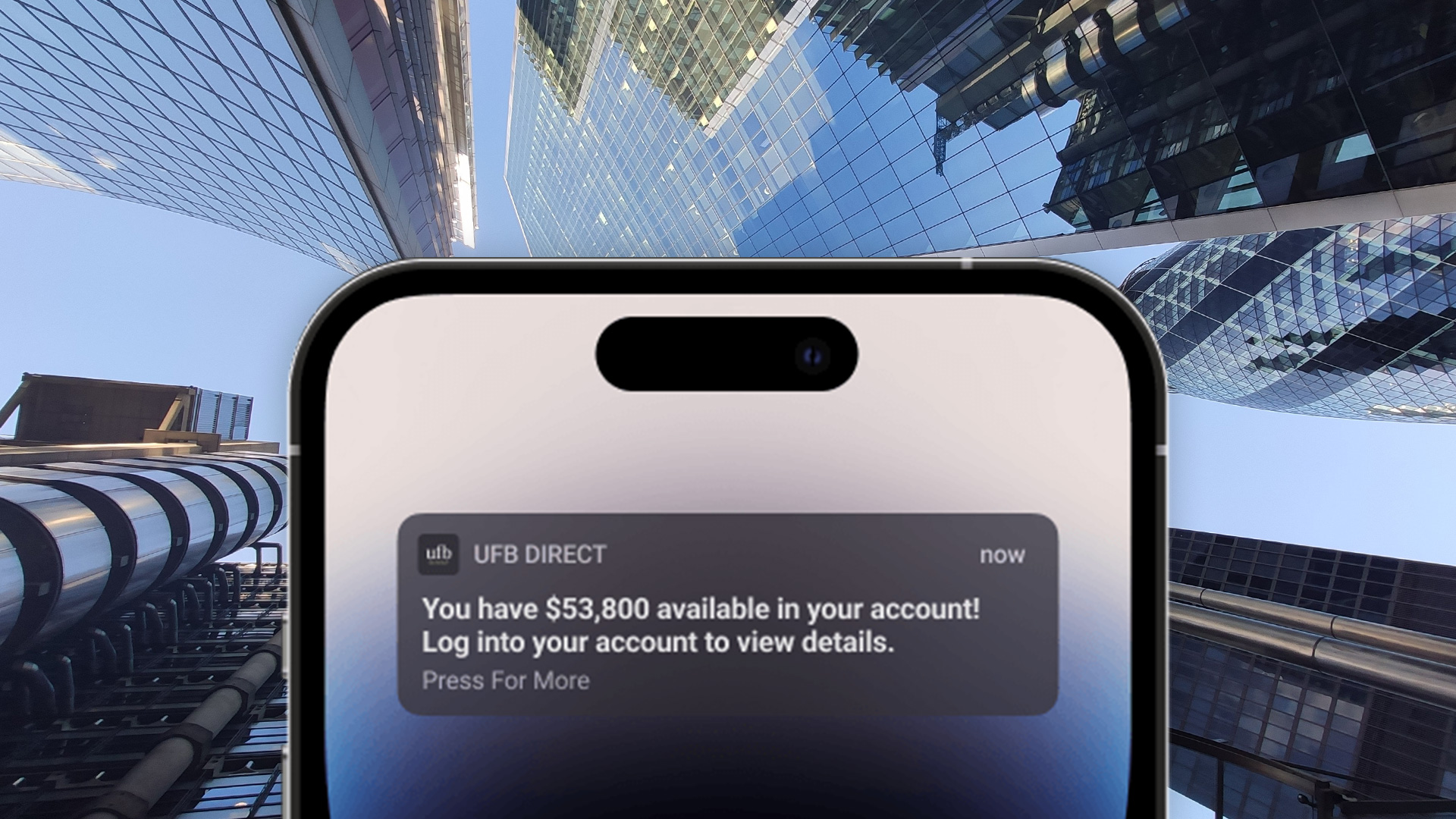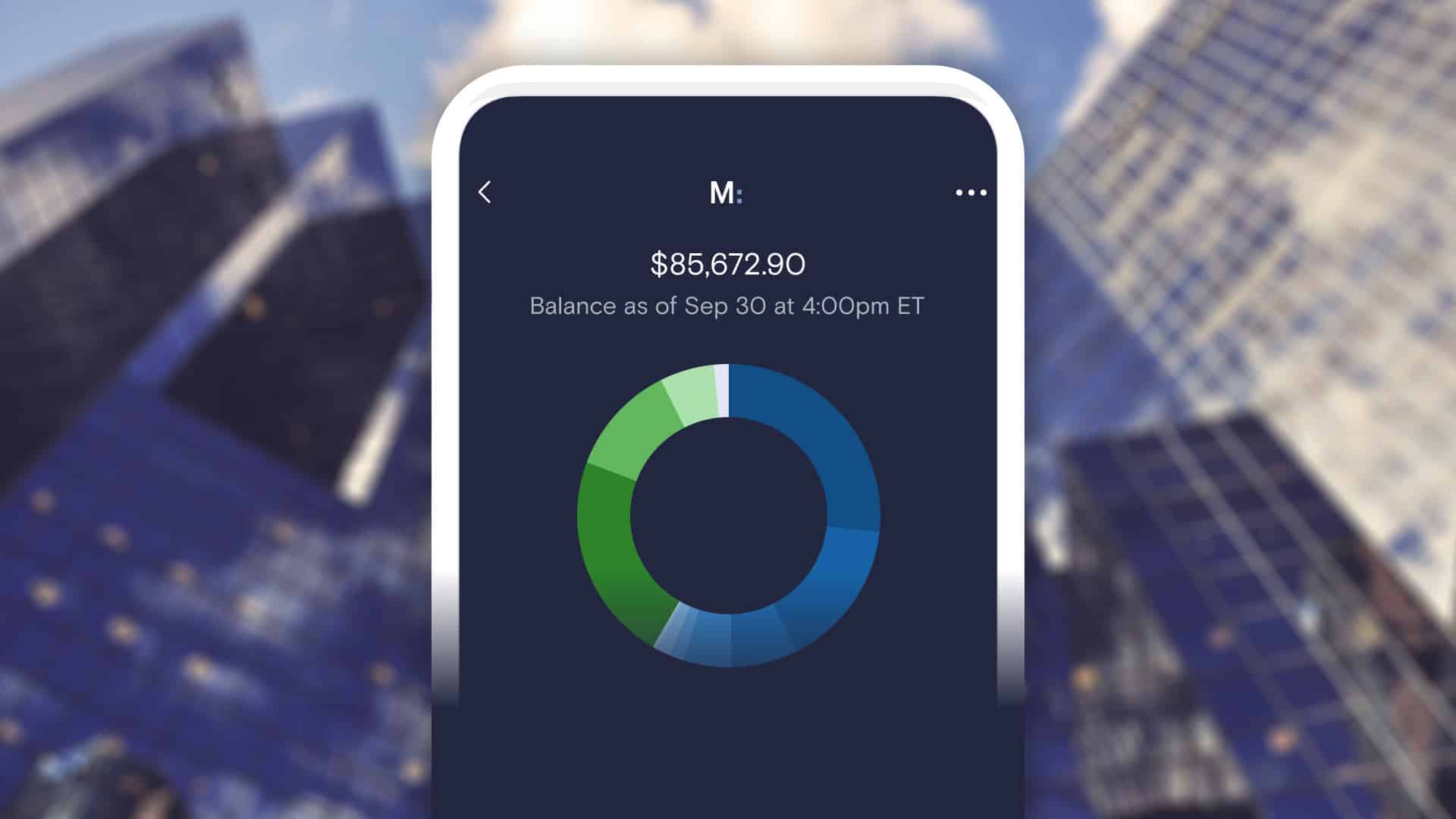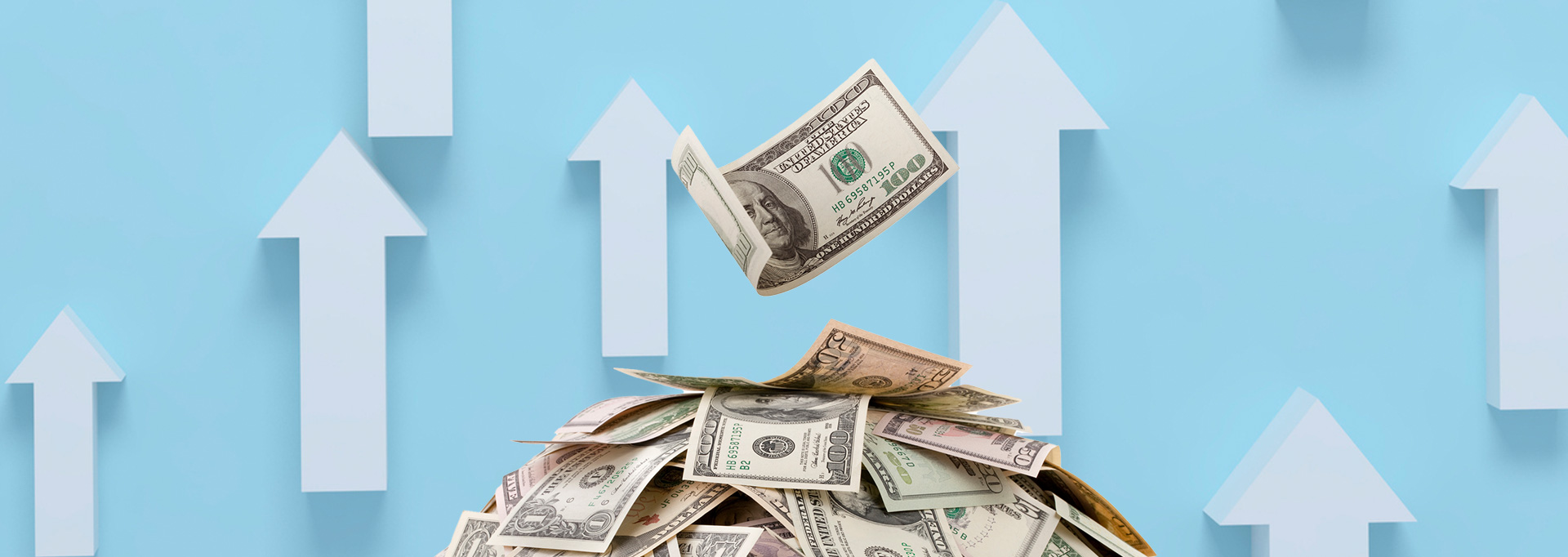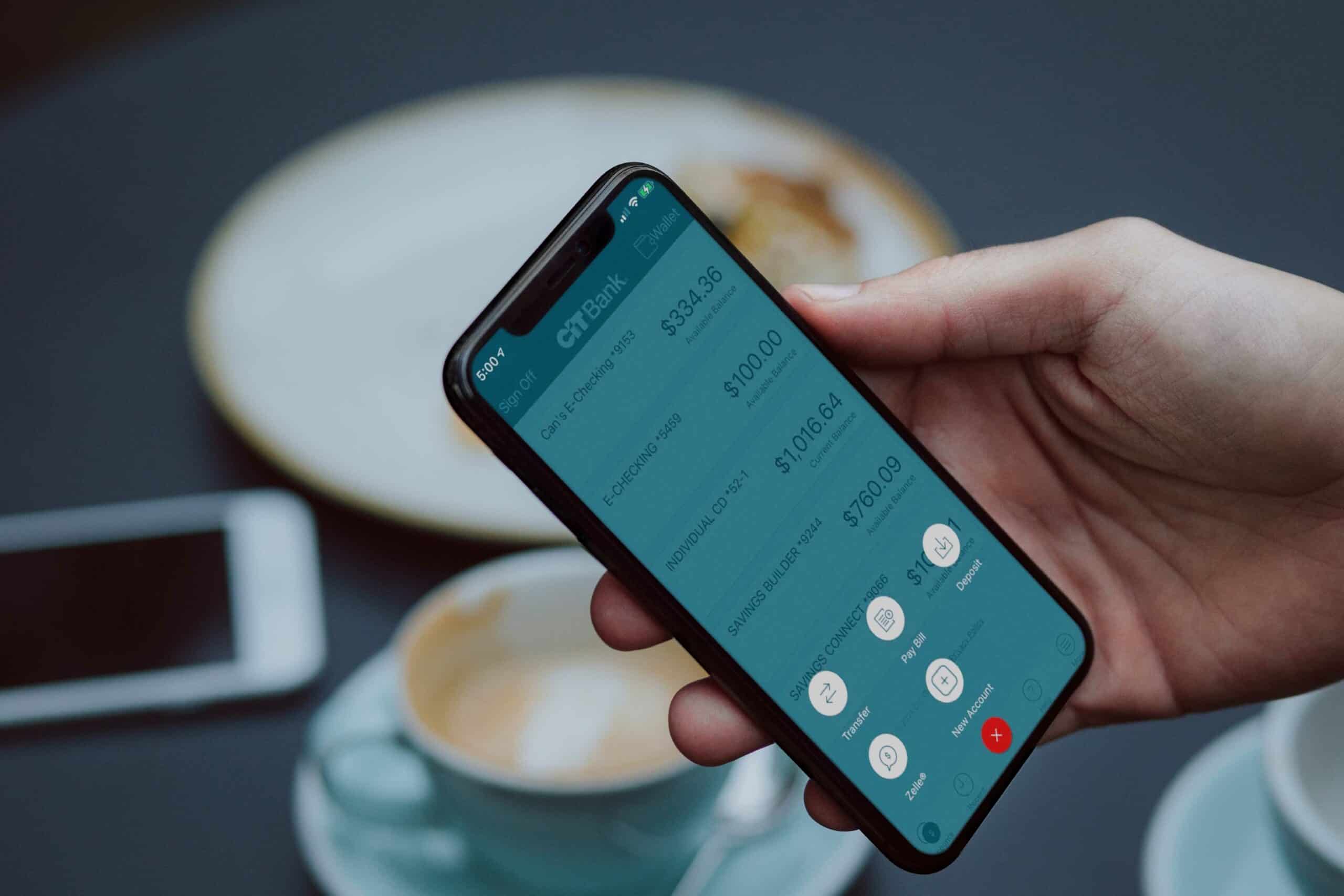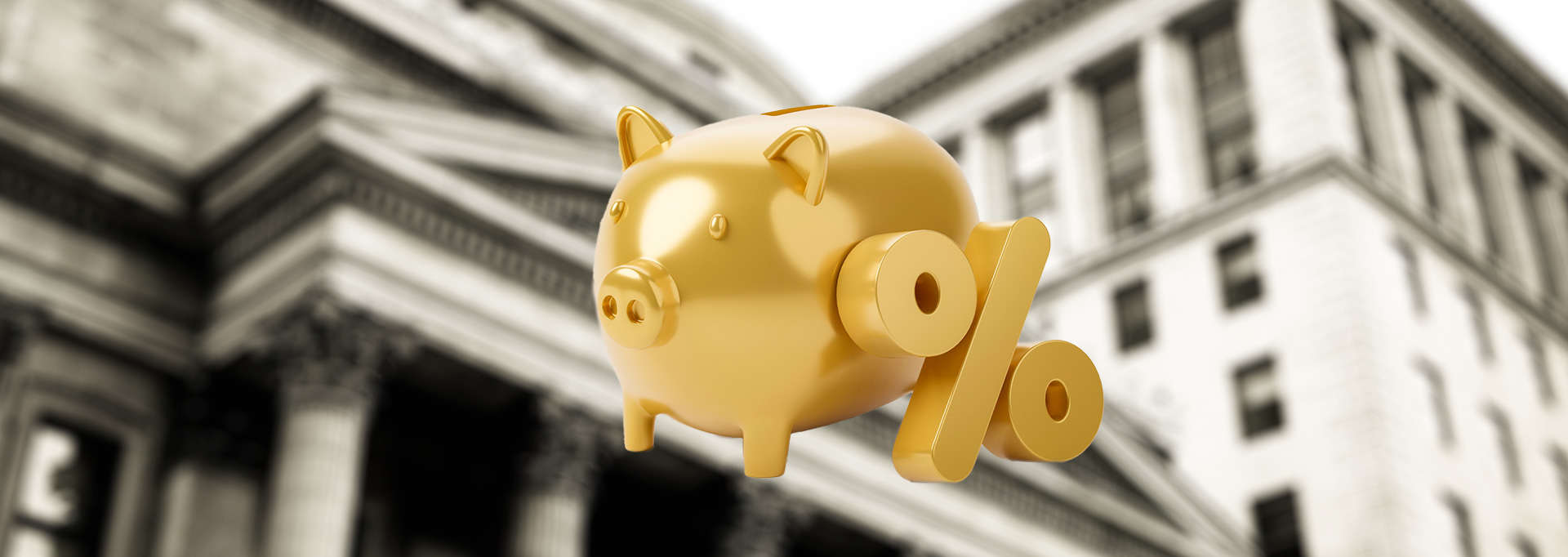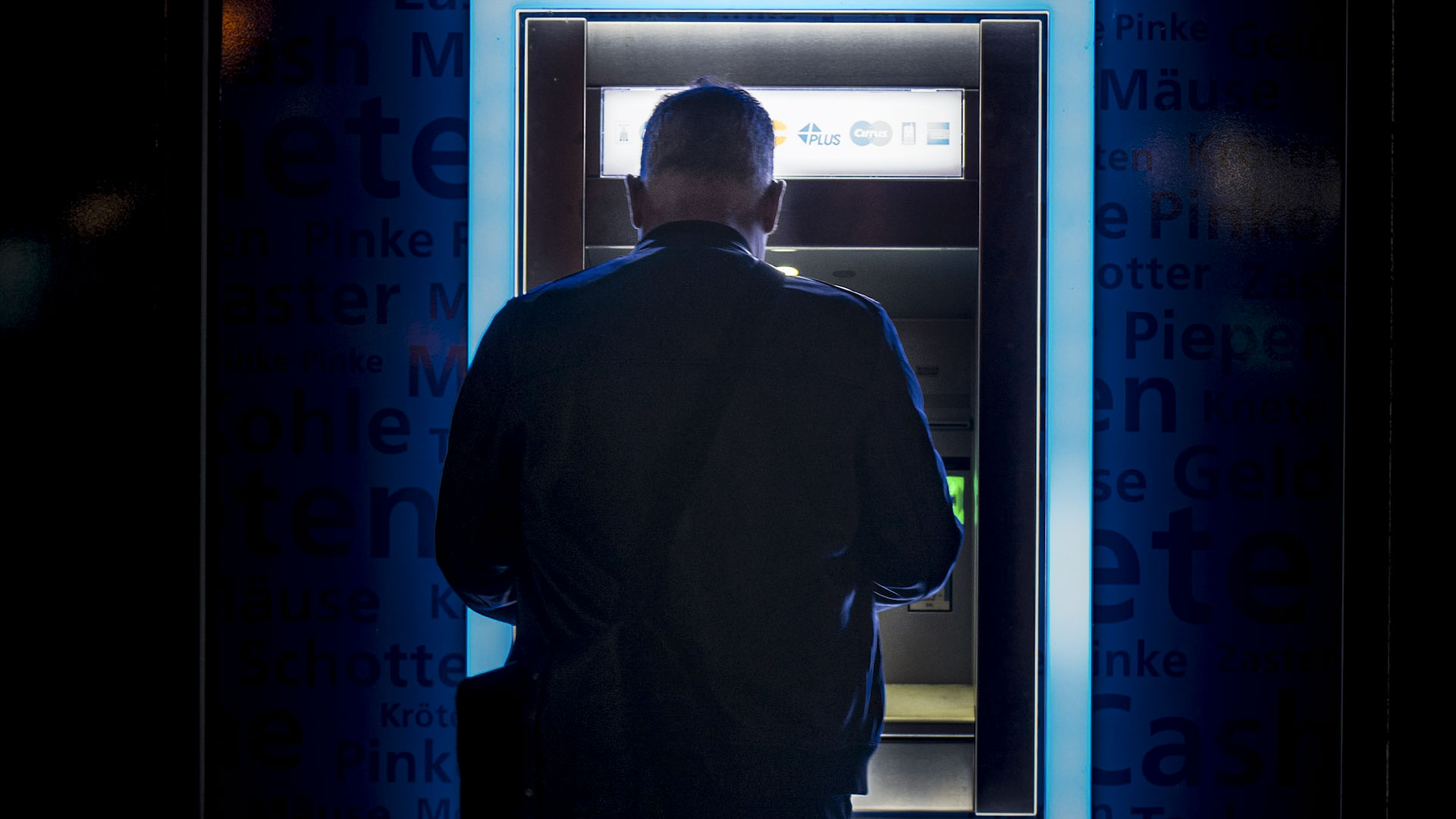Most products on this page are from partners who may compensate us. This may influence which products we write about and where and how they appear on the page. However, opinions expressed here are the author's alone, not those of any bank, credit card issuer, airline or hotel chain.
You can take several steps to increase your savings, and depending on your situation, you might be able to reduce your spending and expenses. You could pick up a side hustle or ask your employer for a raise. But there's another financial strategy people sometimes overlook when it comes to potential savings growth. Many people focus on increasing the money they put into savings but forget to pay attention to what happens after they deposit that cash. With a little extra effort, you might be able to grow your savings on both sides of the equation—here are four tips on how to earn the highest interest on your savings account.
1. Comparison Shop
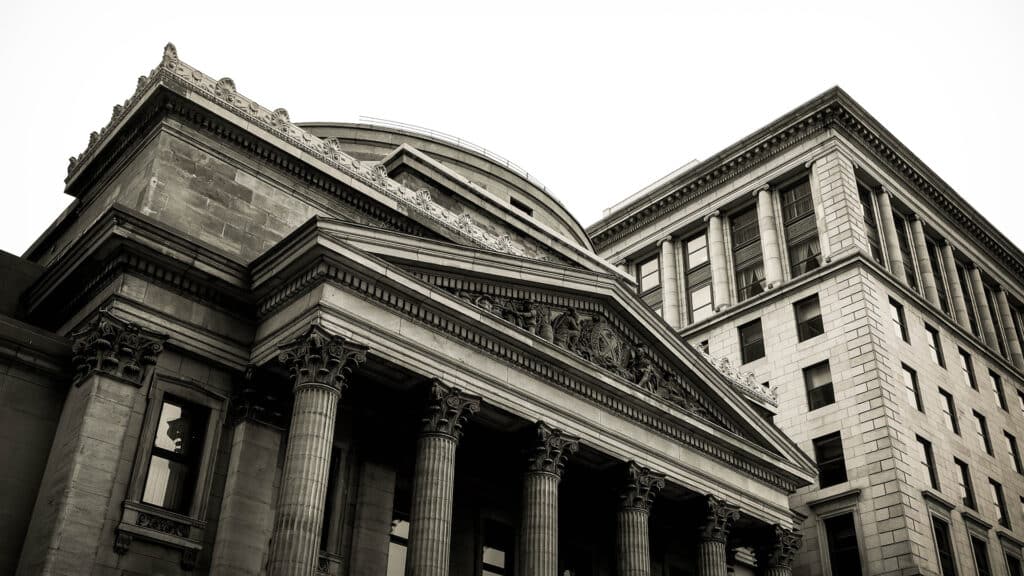
When you deposit cash into a savings account or other type of deposit account with a bank (e.g., a certificate of deposit, money market account or checking account), the bank may loan your money to other borrowers. In exchange, the bank will typically pay you interest.
The interest a bank pays you on the money you have in savings (or any other type of deposit account) is called the annual percentage yield—aka the APY. Typically, the national average APY lies well below 1.00%, largely due to low rates offered by traditional, brick-and-mortar banks. However, in recent years, online banks have made a splash by offering rates many times higher than the national average.
Consider a few of the top current rates below:
Recommended High-Yield Savings Accounts
| Bank Account | APY | Features | Learn More |
|---|---|---|---|
|
|
5.30%
*Annual Percentage Yield (APY) is accurate as of 6/4/2024. Rate is subject to certain terms and conditions. You must deposit at least $5,000 to open your account and maintain $25 to earn the disclosed APY. Rate and APY may change at any time. Fees may reduce earnings. |
$5,000 min. deposit |
Open Account |
|
|
5.15%
UFB Direct breaks balances into five tiers, but, currently, there is only one interest rate. |
No minimum deposit |
Open Account |
|
Member FDIC |
0.50% - 4.60%
SoFi members with Direct Deposit or $5,000 or more in Qualifying Deposits during the 30-Day Evaluation Period can earn 4.60% annual percentage yield (APY) on savings balances (including Vaults) and 0.50% APY on checking balances. There is no minimum Direct Deposit amount required to qualify for the stated interest rate. Members without either Direct Deposit or Qualifying Deposits, during the 30-Day Evaluation Period will earn 1.20% APY on savings balances (including Vaults) and 0.50% APY on checking balances. Interest rates are variable and subject to change at any time. These rates are current as of 10/24/2023. There is no minimum balance requirement. Additional information can be found at http://www.sofi.com/legal/banking-rate-sheet. |
No minimum deposit |
Open Account |
|
|
5.00%
Earn 5.00% APY on balances over $5,000. Balances of less than $5,000 earn 0.25% APY. Annual Percentage Yield is accurate as of May 6, 2024. Interest rates for the Platinum Savings account are variable and subject to change at any time without notice. |
$100 minimum deposit |
Open Account |
It's also worth pointing out that sometimes earning the highest interest possible means opening accounts at multiple banks. Although this approach might be slightly less convenient, it could pay off in higher earnings if you're willing to put in a little extra effort. You can also check out these tips on how to manage multiple bank accounts and credit cards like a pro.
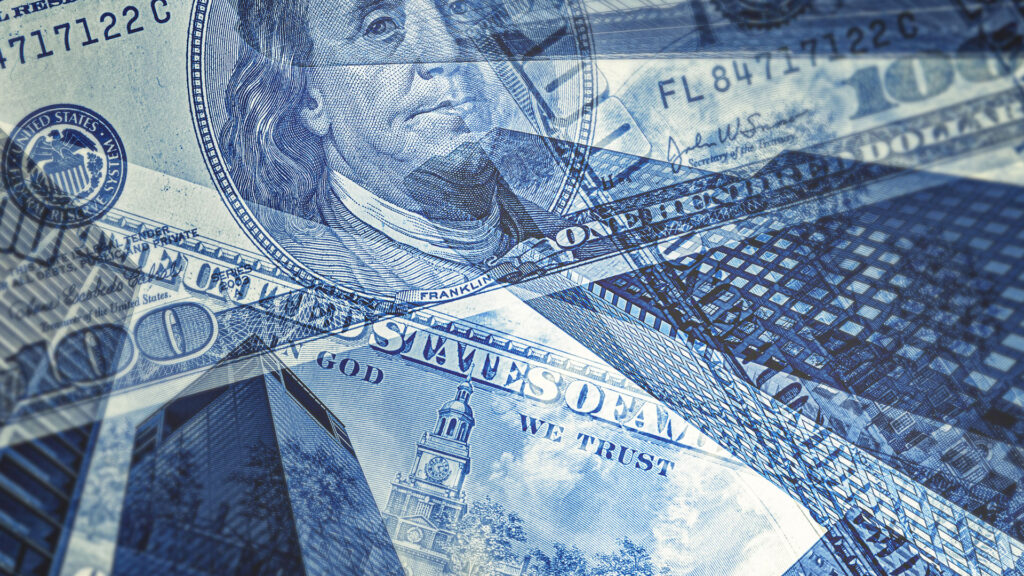 Related Article
Related Article
Best High-Yield Savings Accounts (July 2024)
2. Look for Bank Bonuses
Bank account bonuses for new customers aren't the same as earning interest. Nonetheless, they have the potential to put more money into your account. Bank account bonuses can often be worth hundreds of dollars (sometimes more) when you sign up for a new deposit account and qualify for cash or points-based bonus.
Recommended Bank Bonuses
| Bank Account | Intro Bonus | Minimum Deposit | Learn More |
|---|---|---|---|
|
Member FDIC |
$50-$300Expires December 31, 2024
See full terms and disclosures at sofi.com/banking. Direct Deposit Promotion begins on 12/7/2023 and will be available through 12/31/24. SoFi members with Direct Deposit can earn 4.60% annual percentage yield (APY) on savings balances (including Vaults) and 0.50% APY on checking balances. There is no minimum Direct Deposit amount required to qualify for the 4.60% APY for savings (including Vaults). Members without Direct Deposit will earn 1.20% APY on savings balances (including Vaults) and 0.50% APY on checking balances. Interest rates are variable and subject to change at any time. These rates are current as of 10/24/2023. There is no minimum balance requirement. Additional information can be found at http://www.sofi.com/legal/banking-rate-sheet. |
N/A | Open Account |
|
|
$300Expires October 16, 2024
New Chase checking customers enjoy a $300 bonus when you open a Chase Total Checking® account with qualifying activities |
N/A | Open Account |
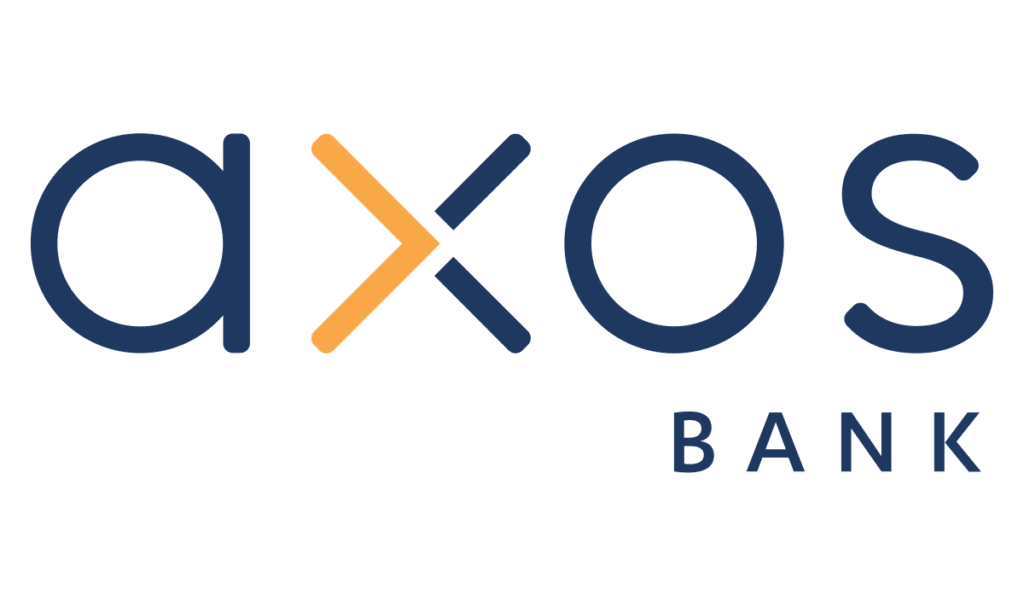
Axos Rewards Checking Account |
Up to $500Expires July 31, 2024
Cash in on up to a $500 bonus† and up to 3.30% APY* with a new Rewards Checking account. Just use promo code RC500 before July 31. |
N/A |
This product is currently not available via Slickdeals. All information about this product was collected by Slickdeals and has not been reviewed by the issuer. |
|
|
$300Expires October 17, 2024
Earn $300 when you open a new Chase Business Complete Checking® account. For new Chase business checking customers with qualifying activities. |
N/A | Open Account |
 Related Article
Related Article
Best Bank Account Bonus Promotions in July 2024
On top of new account bonuses, some banks may offer you the opportunity to earn extra funds when you refer friends or family members. If an eligible referral opens a new account with your bank or credit union, there's a chance you could get rewarded for helping to make that initial connection.
Quick Tip
You can even find small business bank bonuses that are easy to earn if you’re in the market for a business bank account.
3. Read the Fine Print
Whether you're trying to earn a high APY, avoid a monthly service fee or qualify for a new bank bonus, it's important to pay close attention to the rules. In other words, you need to understand the terms and conditions of the account you open or the promotional offer for which you're trying to qualify.
Reading the fine print is important when opening bank accounts (or any other financial product). If you don't understand a bank's terms and conditions, you could be ineligible for a new bank bonus. Or with a different bank account, you might find yourself obligated to pay a monthly maintenance fee or earn a lower interest rate than you anticipated.
4. Save More
As you increase the funds in your high-yield savings account (or other savings vehicle), the interest you earn on that cash should increase in turn. Here's an example. Imagine you put $1,000 in an emergency fund that earns an APY of 2.00% (with interest that compounds daily). After 12 months those funds could grow to $1,020.20 just by leaving them untouched in your bank (assuming interest rates don't change).
Now, let's imagine you place $10,000 into that same emergency fund. Instead of having an extra $20.20 at the end of the year, the interest you earn would increase your ending balance to $10,202.01 in this hypothetical scenario. You would end the 12-month period with an extra $202.01 in your account thanks to the interest your money earned. As you can see, the more cash you can save, the more interest you have the potential to make in return.
Bottom Line
Whether you're trying to put together a down payment for a home, building an emergency fund, or saving for a family vacation, a high-yield savings account can be a great place to store your cash. No matter what type of account you decide to use, make sure you're getting the best deal possible when it comes to your interest rate. If you don't take the time to shop around and compare what other banks and credit unions have to offer from time to time, you could be leaving potential earnings on the table.






